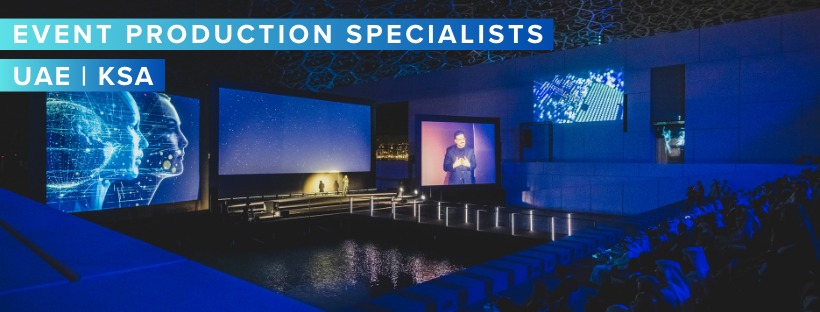Exploring The Key Responsibilities Of An Event Production Team

Event production is a collaborative endeavor that requires a diverse team of skilled professionals to bring visions to life and ensure smooth execution. From conceptualization to completion, each member of the event production Dubai team plays a vital role in orchestrating unforgettable experiences.
Event planning and coordination:
The event planning phase sets the foundation for success, with responsibilities ranging from conceptualizing event themes and objectives to developing inclusive timelines and budgets. Event planners liaise with clients to understand their vision and requirements, coordinate with vendors and suppliers, and oversee logistical arrangements such as venue selection, permits, and travel accommodations.
Creative direction and design:
Creative directors and designers are responsible for shaping the visual and aesthetic aspects of the event, translating concepts into captivating experiences that resonate with attendees. They collaborate with clients and stakeholders to develop cohesive design concepts, curate décor elements, and create immersive environments that evoke desired emotions and atmospheres.
Technical production and audiovisual support:
Technical production teams are the backbone of event execution, responsible for installing and operating audio, lighting, video, and staging equipment to improve the event experience. Audiovisual technicians ensure smooth integration of multimedia elements, troubleshoot technical issues, and create lighting and soundscapes that complement event themes and programming.
Logistics and operations management:
Logistics and operations teams oversee the practical aspects of event execution, from managing vendor contracts and transportation logistics to coordinating onsite setup, teardown, and security. They develop detailed production schedules, allocate resources efficiently, and anticipate and mitigate logistical challenges to ensure smooth event operations.
Event marketing and promotion:
Marketing and promotion teams are responsible for generating buzz and driving attendance for the event through strategic marketing campaigns, digital outreach, and media partnerships. They develop compelling messaging and branding collateral, manage social media channels, and execute targeted advertising initiatives to increase event visibility and engagement.
Guest experience and hospitality:
Guest experience teams focus on ensuring that attendees feel welcomed, valued, and engaged throughout the event. From managing registration and check-in processes to providing hospitality services such as catering, concierge, and VIP treatment, they consider guest satisfaction and create memorable experiences that leave a lasting impression.